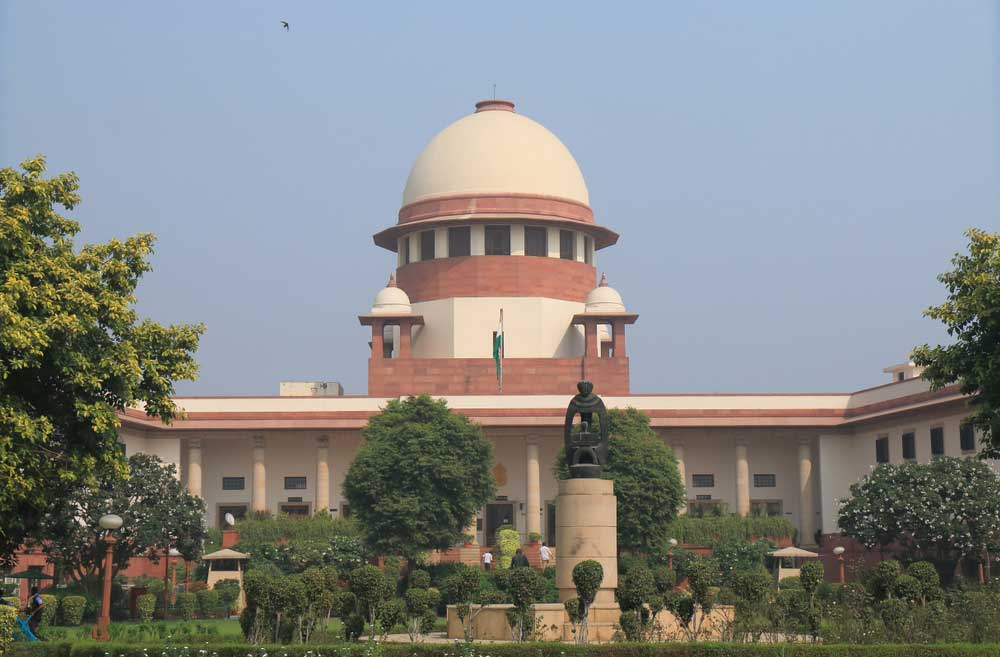The Supreme Court has acquitted a murder convict saying the prosecution’s claim that the victim had made a dying declaration to his brother and a police officer was not credible as both had reached the crime scene after his death.
The court said last week that the post-mortem report was clear it was unlikely the victim had regained consciousness after the kind of injuries he suffered and it was “extremely doubtful whether” he had survived long enough to have made the purported declaration.
“The appellant is, therefore, entitled to the benefit of doubt,” the bench of Justices Uday Umesh Lalit and R. Subhash Reddy said, setting aside the life term Gupteswar Behera had been handed by a sessions court and affirmed by Orissa High Court.
“In the circumstances, this appeal is allowed. The judgments and orders passed by the sessions court and the high court are set aside and the appellant is acquitted of all the charges levelled against him,” Justice Lalit, writing the judgment, said.
The victim, Raghumani, had been attacked with sticks and sharp weapons in November 1995 in Rayagada district. The prosecution had claimed that Raghumani made a dying declaration to his brother, Pradeep Kumar Patra, that the accused — Natabar Guru, Trinath Guru, Gupteswar Behera, Chandeswar Behera and Malikeswar Behera — attacked him with sticks, an axe and a large knife, leaving him with 14 grievous injuries.
Patra said he had rushed to the crime scene more than 15 minutes later. His brother, he said, had lost consciousness but regained his senses while being taken to hospital in a van by police and had made a fresh declaration before the officer, Utkal Ranjan Das. But he was declared dead after being brought to the hospital.
The sessions court in Rayagada handed life terms to the accused in 1999 based on the victim’s purported dying declarations to his brother and later the police officer. The name of another accused, Rama Rao Patika, was later entered on the basis of other evidence.
The convicts then moved the high court. Three of them, Malikeswar, Natabar and Trinath, died while their appeals were pending.
The high court in August last year upheld the convictions and sentences of Chandeswar and Gupteswar but acquitted Rama Rao.
Chandeswar and Gupteswar then appealed in the top court. During the appeal the defence informed the court that Chandeswar too had died, so only Gupteswar was left.
The top court relied upon the statements of forensic doctors that after “such injuries as reflected in (the) P.M. report the patient must have lost sense within five minutes” and that “death might have been possible within ten minutes”.
“The patient cannot regain sense by losing sense in this particular type of case,” the post-mortem report further said and that death might even be “instantaneous” in such cases.
The court upheld Gupteswar’s appeal. “If the number of injuries suffered and their location and extent are considered, the assertions made by both the medical professionals (post mortem doctors)… that the deceased may not have survived for more than ten minutes after receiving the injuries appear to be quite correct,” it said.
“It would, therefore, be extremely doubtful whether the deceased had survived long enough for PWs (prosecution witnesses) 1 (brother) and 15 (police officer) to arrive at the scene of occurrence and then make separate statements to these witnesses.”










